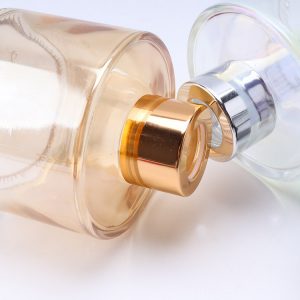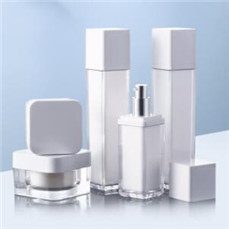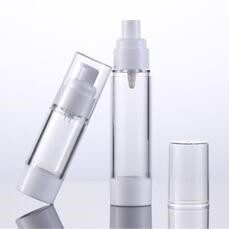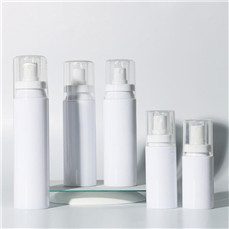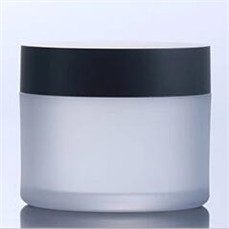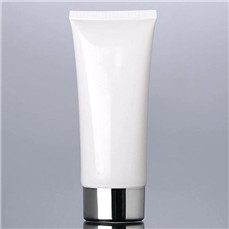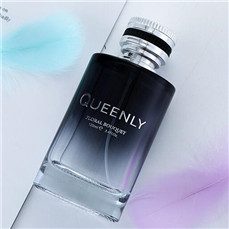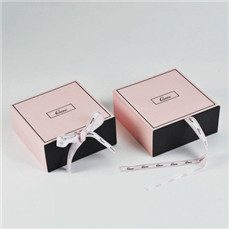Biodegradable sustainable packaging options are becoming increasingly popular as consumers and brands prioritize environmentally friendly alternatives. Here are some biodegradable packaging materials and options:
- Biodegradable Plastics: Biodegradable plastics, such as PLA (Polylactic Acid) and PHA (Polyhydroxyalkanoates), are made from renewable resources like cornstarch or sugarcane. They break down naturally in the environment, reducing their impact on landfills and oceans.
- Compostable Packaging: Compostable materials, such as compostable films and coatings, are designed to break down into organic matter in a composting environment. They offer a circular approach to packaging waste.
- Cardboard and Paper: Cardboard and paper packaging are easily recyclable and biodegradable. These materials are commonly used for boxes, cartons, and packaging inserts.
- Molded Pulp: Molded pulp packaging is made from recycled paper and is biodegradable. It is commonly used for protective packaging, like egg cartons or cushioning materials.
- Biodegradable Films: Some biodegradable films, made from materials like cornstarch or potato starch, can be used for wrapping or sealing products.
- Edible Packaging: Edible packaging, often made from ingredients like seaweed, rice, or potato, can be consumed along with the product, reducing packaging waste to zero.
- Plant-Based Fibers: Packaging materials made from plant-based fibers like hemp, bamboo, or sugarcane are renewable and biodegradable.
- Wood: Wood packaging materials, like wooden boxes or crates, are biodegradable and can add a rustic or premium touch to the product.
- Biodegradable Bubble Wrap: Some manufacturers offer biodegradable bubble wrap made from materials like recycled plastic or biodegradable films.
- Biodegradable Air Pillows: Biodegradable air pillows made from materials like cornstarch are an eco-friendly alternative to plastic air cushions for protective packaging.
When choosing biodegradable sustainable packaging options, it’s essential to consider the specific needs of your product and the disposal options available in your target market. While biodegradable materials offer environmental benefits, it’s also crucial to ensure that they meet your product’s requirements for protection, durability, and shelf life. By embracing biodegradable packaging solutions, brands can demonstrate their commitment to environmental responsibility and appeal to environmentally-conscious consumers.
